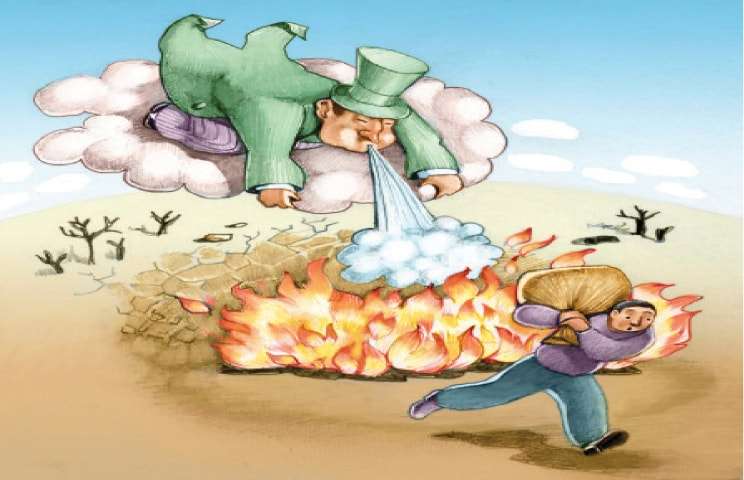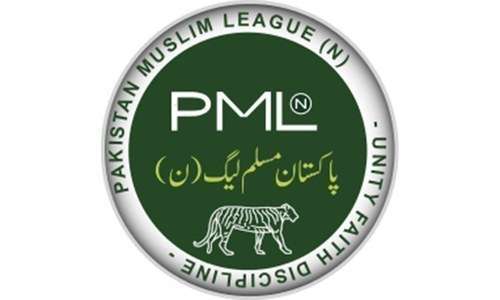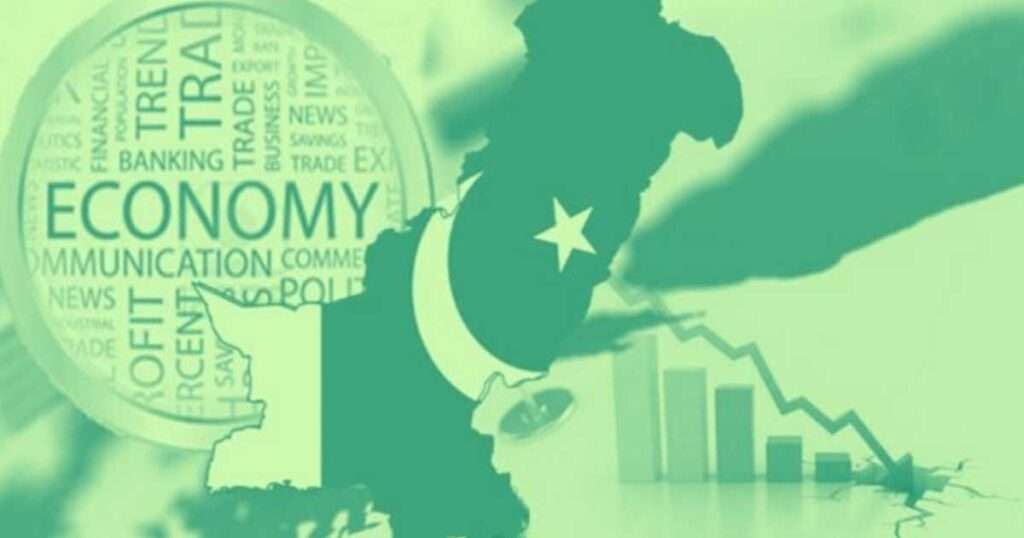
In the realm of economic stability, Pakistan stands at a risky and unwarranted crossroads, facing a future laden with uncertainty and challenges. As we peer of the realm into the crystal ball of the next 30 years, it becomes apparent that high security will be the order of the day. Unfortunately, the beacon of responsible governance seems to have dimmed, replaced by a series of bloopers and mistakes that have pushed the nation backward rather than forward.

The most obvious issue on the horizon is the lack of a coherent economic plan. The prevailing sentiment seems to be that any government worth its salt should borrow with abandon, while conveniently ignoring the pressing need to address the mounting debt burden. This shortsightedness only exacerbates the economic quagmire and hinders any chance of genuine recovery.

One might argue that the absence of reform plans is the proverbial elephant in the room. Regardless of the political party in power, the axis of authority appears to be entrenched elsewhere, rendering any government impotent in enacting meaningful change. This dysfunctional state of affairs has sowed the seeds of a financial crisis and economic chaos that threaten to engulf the nation.

The post-2013 period has seen Pakistan entangled in the web of expensive infrastructure projects and private power companies, with little to show for these costly endeavors. The ramifications of these ill-conceived actions are now evident, as the nation grapples with a colossal financial crisis and economic turmoil.

The recent tenure of Imran Khan as Prime Minister has been marked by a failure to grasp the intricacies of economic management. Structural reforms were sidelined, and an ill-advised departure from an agreement with the IMF left the nation reeling. The elite, meanwhile, were granted even more privileges and subsidies, exacerbating the economic divide.

At present, Pakistan finds itself in a situation reminiscent of France before the revolution, albeit with a crucial difference the absence of a viable avenue for the common people to effect change. Powerful forces safeguard the interests of the elite, making a revolution seem like a distant dream.

Recent surges in electricity bills and oil prices have fuelled public anger, yet the ruling class remains composed. Even successful nationwide strikes and protests, such as the one organized by Jamaat-e-Islami, have not been enough to unseat the elites. The political landscape is marred by self-serving interests, with little hope for a genuine movement to emerge.

Amidst this tumult, the PML-N presents itself as a harbinger of change, promising a revolution led by Mian Nawaz Sharif. However, history suggests that such promises may ring hollow, as previous returns to power failed to deliver transformative change.

The People’s Party, too, faces a precarious situation in Sindh after a uninspiring 15-year governance stint. Public anger towards these major parties could potentially pave the way for a fragile and pliable government that serves the interests of the ruling elite.

The looming economic crisis, exacerbated by dwindling foreign reserves and rising prices, threatens to plunge Pakistan into further turmoil. A fractured political landscape, characterized by a disempowered parliament and disregard for the rule of law, only compounds the nation’s woes.

Internally, terrorism and sectarianism continue to fester, while Balochistan’s situation deteriorates, posing a serious threat to stability. The issue of missing persons remains unresolved, further straining societal fabric.

On the international stage, Pakistan’s reputation has suffered due to political instability and economic mismanagement. India advances economically and scientifically, Pakistan risks being relegated to the shadows.

In these tiresome times, it is imperative to channel the nation’s talents and resources towards a path of genuine progress. Embracing responsible governance, promoting transparency, and addressing economic woes should take precedence over empty promises of revolution.

Pakistan must navigate these turbulent waters with wisdom and foresight. Only then can it hope to overcome the challenges that lie ahead and emerge as a stable, prosperous, and respected nation on the global stage.

